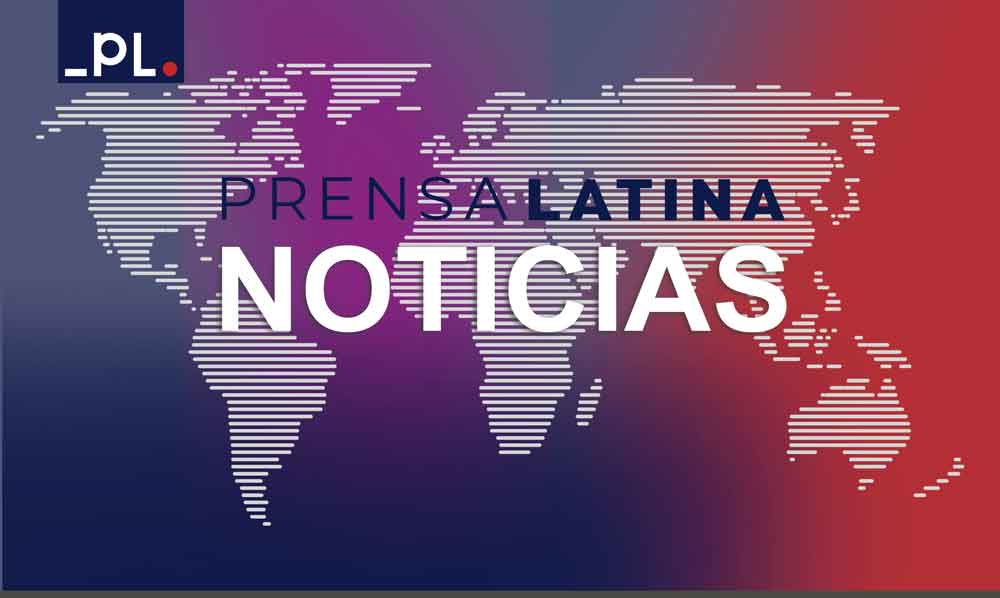In the 50-strong body, the extremist Republican Party has the first majority with 22 seats, which is why a member of this group, Beatriz Hevia, was elected president.
Including the 11 members of the Chile-Vamos coalition, the right has 33 seats in total, giving it the power of veto and the freedom to draft the document as they see fit.
The other force in this case, the left-wing coalition Unit for Chile, has 16 advisers and the indigenous peoples only one.
Republican-elect Aldo Sanhueza has been forced to resign after allegations of sexual abuse.
The great paradox is that the council is led by the extreme right, which has refused to accede to the agreement for Chile that launched this constitutional process and has opposed any change to the Pinochetist constitution.
The member of this group with the most votes, Luis Silva, already made his intentions clear when he asked why, as a majority, they have to make agreements with the minority. “The fact that they deserve it is their problem, not ours.”
Also a university professor and numerary of Opus Dei, he has been at the center of controversy again in recent days when he described the dictator Augusto Pinochet as “a statesman, a man who knew how to run the state”.
According to Silva, the memory of the 17 years of his regime should not be reduced to the crimes against humanity he committed.
Beatriz Hevia, a law graduate from the Universidad de Los Andes, is 30 years old and was elected Advisor for the Los Lagos Region on May 7th.
He began working with far-right leader José Antonio Kast when Kast was a member of the Independent Democratic Union and accompanied him during his first presidential campaign in 2017.
She also worked with Kast on the founding of the Republican Party and is the international manager of Republican Ideas, the organization’s think tank.
“I would like to invite Chileans to have hope so that this process can be a meeting point for building the future of our country together,” Hevia said in his first statements.
In line with the discourse of the extreme right, the adviser explained that Chile is in a moral crisis, which is reflected in the breakdown of family life, in disregard for authority, norms and the rule of law, and in the justification of violence.
The inauguration ceremony of the Constitutional Council took place this Wednesday in the former seat of the National Congress in Santiago and was attended by the President of the Republic, Gabriel Boric.
The President urged the parties to give way when necessary and to find common ground in finding what is best for Chile.
He pushed for a Magna Carta that fits all Chileans and residents of the country and that strengthens democracy and its institutions.
The current Basic Law was enforced with blood and fire by the Pinochet dictatorship (1973-1990) and is blamed for the current neoliberal model and the enormous social inequalities.
“Next December we will go to the polls again to vote for or against the proposal you have put forward… I am convinced that closing this loop will do our country good,” Boric said.
An earlier text, submitted to a referendum on September 4, 2022, was defeated by 62 percent of the vote.
In a recent interview, the President assured that if the project were rejected during his term of office, there would be no conditions for the implementation of a new process.
The latest edition of the Cadem poll showed that only 28 percent of those polled would vote for the Constitutional Council text.
jf/auto

